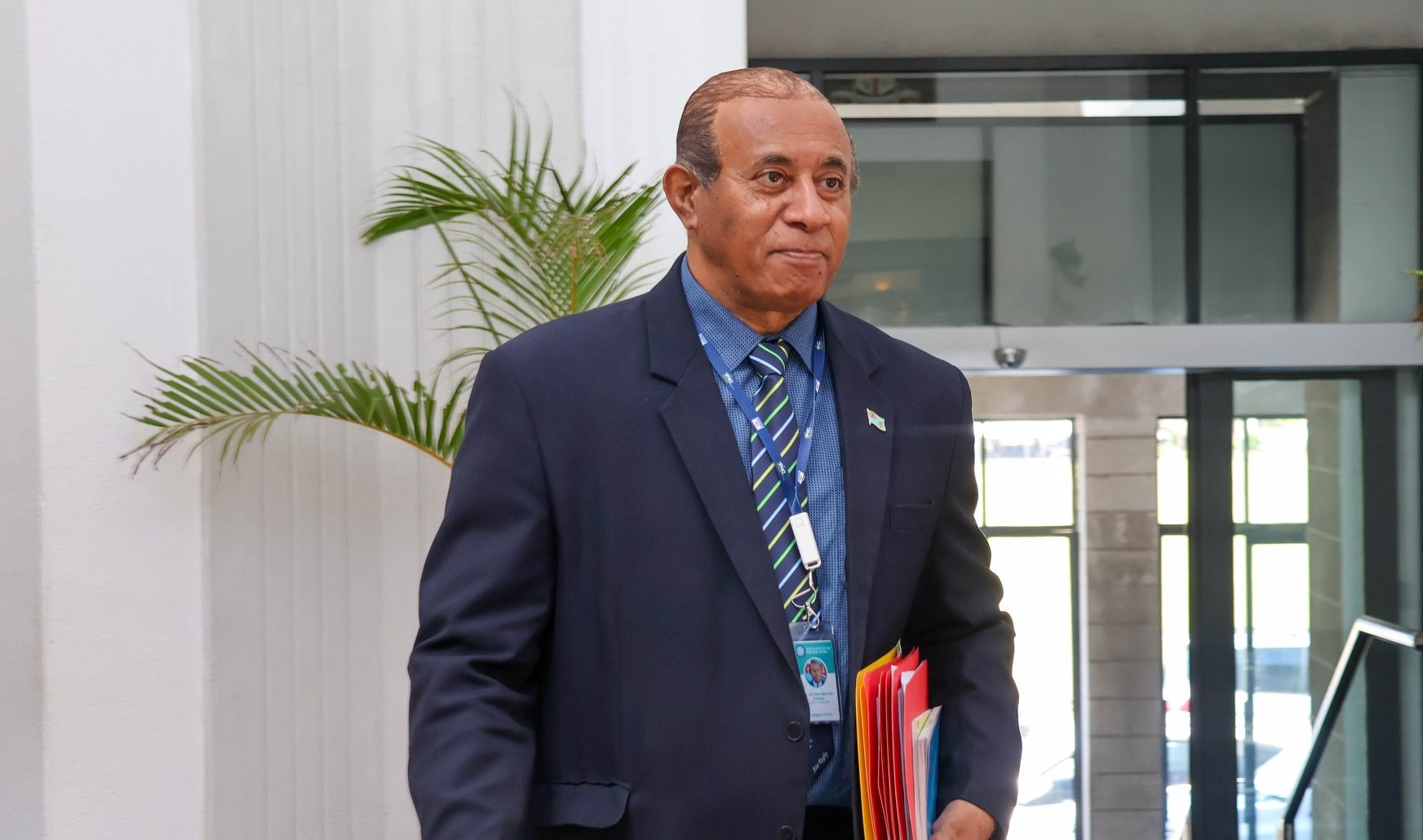Three of Fiji’s maritime islands are set to get 24-hour electricity under a $2.5million project backed by the United Arab Emirates and New Zealand.
The LAKARO (Lakeba, Kadavu, and Rotuma) Rural Government Station Project, first launched in 2015 with solar systems to supplement diesel, ran into technical failures in 2019 and has since relied solely on costly generators.
The Government spends about $200,000 annually per site on fuel, while residents face a restricted supply of just 12 hours a day.
Public Works Minister Ro Filipe Tuisawau told Parliament the new agreement, signed at COP28 in Dubai, would upgrade the systems with Battery Energy Storage Systems (BESS) to allow smooth integration of solar and diesel and stabilise the grid.
“For Vunisea on Kadavu, the installation will consist of a 209 kW solar system and 420 kWh of battery storage. For Lakeba and Rotuma, the systems will consist of 143 kW solar and 280 kWh storage each,” he said.
Once complete in April 2026, the project will cut government fuel costs by 45-50 per cent and bring reliable, clean energy to about 10,000 people.
Ro Filipe said upgrades were vital for communities that host hospitals, schools, government facilities, and wharves.
“The completion of these projects will provide 24-hour uninterrupted electricity supply and, in turn, significantly reduce dependence on fossil fuel or diesel,” he said.
He added that continuous electricity would allow Vunisea, Lakeba, and Rotuma to grow into economic hubs, with reliable power to support small businesses, homestays, and public services.
“This is a critical project that will not only improve the quality of life but also unlock economic potential across our maritime provinces.”



